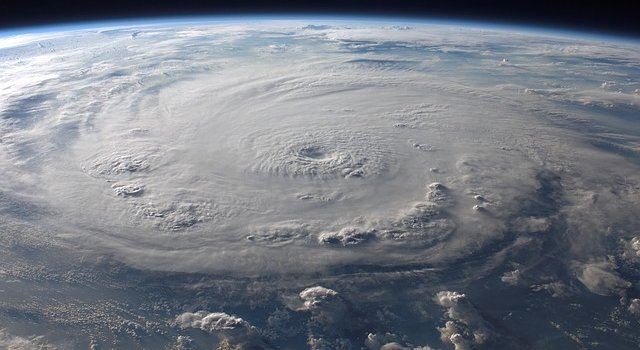With South Africa being a major contributor to greenhouse gas emissions on the African continent, Stellenbosch University (SU) has formally established a School for Climate Studies with the aim of combating climate change.
The school’s objectives include a climate-resilient society and a low-carbon economy. The vision is to become a world-class institution for multi-disciplinary and trans-disciplinary climate studies in Africa. The school will also foster research collaborations with other entities, both nationally and internationally.
SU’s worldwide expert in biodiversity and global change research, Professor Guy Midgley, said that climate change provided the school with a chance to detect dangers and seize possibilities to make an impact.
“A 2018 World Economic Forum report identified extreme weather, natural disasters, water crises, the failure of climate change mitigation and adaptation, food crises and large-scale involuntary migration as the major risks to the global economy by virtue of their likelihood and impact.
“It is very obvious that these are all elements of the same problem − an overuse of the environment. So, we need to look at this holistically if we want to solve it. If we can get this right, we would be able to address a wide range of the top dreaded disasters.”https://50b4b067b1f1fb9fbdb8eb671101dca7.safeframe.googlesyndication.com/safeframe/1-0-38/html/container.html
“It is really about how we integrate two very complex systems – the ecological system and the economic system. For some reason, we prioritise the economic system; we feel that human well-being lies in economic well-being.
Read: The City of Cape Town continues to Deliver Title Deeds to Beneficiaries
“This has led to the strip-mining of the world’s ecological system to support the economic system. We should reset the balance between the two,” said Midgley.
SU rector and vice-chancellor Professor Wim de Villiers said the School for Climate Studies would offer society an urgent and necessary service to help conserve the climate.
“Sometimes it seems that we, as South Africans, tend to revert to the notion that only the major economies of the world are big offenders when it comes to our warming planet. But, actually, as a major contributor to the emission of greenhouse gases on the African continent, South Africa cannot simply sit back and shrug off this mounting humanitarian crisis.
“As such, the School for Climate Studies, together with collaborating partners from all over the world, will have the capacity to contribute significantly to research and solutions in fighting climate change,” said De Villiers.
According to SU’s deputy vice-chancellor, Professor Eugene Cloete, research, innovation and postgraduate studies will form part of the core centre of the new curricula (modules) for the school at both undergraduate and postgraduate level.
SU will engage in activities that include research and development by consolidating and integrating current thinking on climate, particularly in Africa, and will also focus on collaboration in order to strengthen and expand current climate studies.
Click here for more information on the school.
Read the original article published on IOL.







